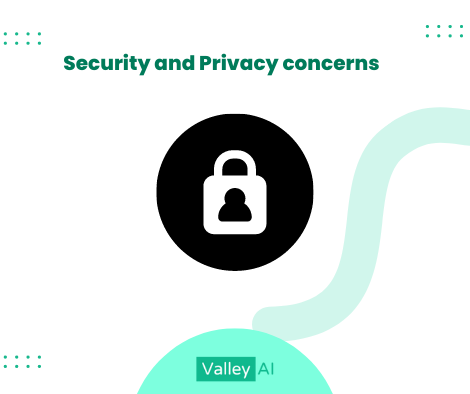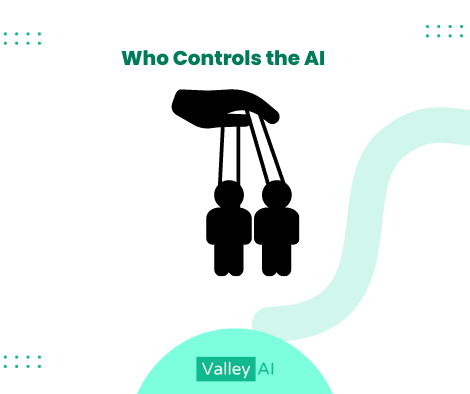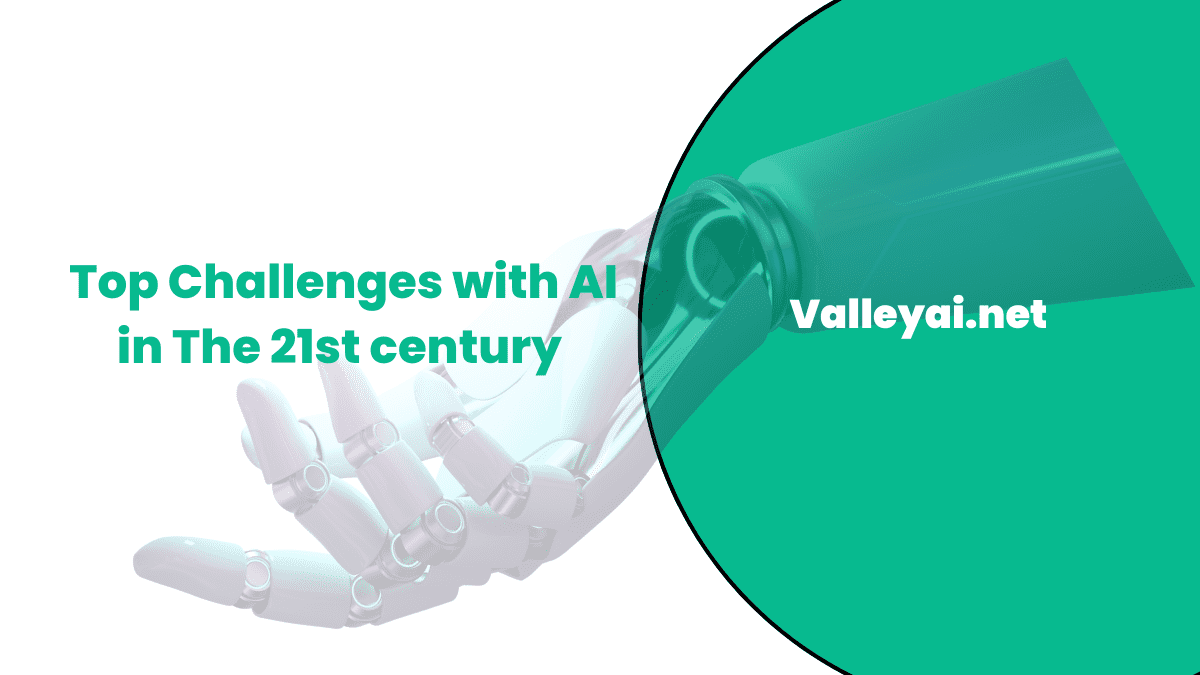The 21st century has seen rapid advancements in artificial intelligence (AI). AI has come to play a significant role in many aspects of our lives, and we have only scratched the surface.
For businesses, AI can automate tasks, improve efficiency and accuracy, and make better decisions. For consumers, AI can personalize experiences, provide recommendations, and make life easier.
The possibilities are endless. And we’re just getting started.
However, as with any powerful technology, there are risks and challenges associated with using AI. Some of the top challenges with AI in the 21st century include the following:
Job Losses / Mass Unemployment
As AI technology advances, it is becoming increasingly capable of performing tasks that human workers have traditionally done.
In the 21st century, AI has moved from ‘eliminating jobs‘ to ‘eliminating industries’ kind of technology.
A study from Forrester indicates that about 25% of all jobs in Europe 5 will be lost due to Automation by 2040.
The study also indicates that AI will create millions of new jobs. But most of those jobs will not be for people who cannot upskill themselves quickly.
Even creative industries like writing, movies, and music, which were deemed safe from the AI tsunami, aren’t escaping their clutches anymore.
So if one has been in a job that has a repetitive pattern all their life, it is time to learn new skills, or they run the risk of not being needed anymore.
Working with AI will not be a bonus for young professionals just starting out in the workforce. It will be a basic requirement in the 21st century.
We are heading towards a disaster and need to find ways to deal with the widespread unemployment and economic instability that AI will most certainly bring.
Security and Privacy concerns

As AI technologies become more widespread, there are also concerns about security and privacy issues. AI systems often generate/have access to large amounts of data, including sensitive information about individuals, critical systems, governments, and countries.
If this data falls into the wrong hands, it could be used for malicious purposes, such as identity theft, fraud, or even manipulation. Additionally, as AI systems become more involved in our lives, there is a risk that our privacy could be invaded by companies or governments that use AI to track our behavior.
Read also: How to Install a VPN on a Computer
Let’s look at a few of them in more detail.
Data Breaches
Data breaches aren’t uncommon, but as AI systems become more involved in our lives, the stakes are getting higher.
In July 2018, for example, the personal data of millions of Facebook users was leaked to Cambridge Analytica. This political consulting firm used the data to influence the U.S. presidential election.
In the ‘data economy‘ of the 21st century, we should expect more of these incidents as companies increasingly collect and monetize our data. And in some cases, even manipulate us into making decisions against our interests!
AI-based attacks
AI systems could also be used to carry out large-scale attacks against other AI systems, taking down entire systems or even repurposing them. We don’t need hackers who sit in front of keyboards to carry out these kinds of attacks; all they need is a well-trained self-learning AI system.
Self-driving cars, electric grids, financial services, airlines, healthcare systems, etc., will be under constant threat, and attacks on these systems could have disastrous consequences.
With our increasing reliance on AI to run our lives, we need to ensure that these systems are secure from malicious attacks.
The loss of control over our personal data
Another concern is that we could lose control over our personal data as it is increasingly collected and used by AI systems. The ability to combine data from multiple sources to predict our behavior exists already. But the advancement in AI technologies will take them to another level.
Our data could be used to influence our behavior in ways that we are unaware of or may not be comfortable with.
The issue will get serious as new generations grow up with this as the ‘new normal’. AI systems will evolve with the children of today, who are comfortable with having their data collected and will be used in ways that we cannot even imagine today.
We need regulations to protect our data and ensure we control its use. The current regulations barely scratch the surface and do not take into account the power of AI systems.
Bias and Discrimination
AI systems don’t have a moral compass. They do what we tell them to do, plain and simple.
There are many examples of programmers introducing bias into AI systems, whether intentionally or not.
In financial services, AI is already being used to make lending decisions. If these systems are not properly trained, they could discriminate against certain groups, such as low-income families, women, or minorities.
AI is also heavily used in hiring processes, and there is a risk that it could be used to reinforce existing biases, such as those against older workers, people with disabilities, or certain minority groups.
Building our future based on AI must ensure that these systems are free of bias and discrimination. Otherwise, we risk entrenching & compounding existing inequalities in our societies.
Who Controls the AI: Ethical Dilemma for Product Managers

So all of this leads to a question – do product managers who build these cool AI products have a responsibility to consider the risks & ethical implications of the products they are creating?
This is a complex issue, and there is no easy answer.
We cannot yet use any regulation or law to force product managers to consider the ethical implications of their products. The regulations are way behind what technology is capable of.
The GDPR in Europe and the CCPA in California are two examples of regulations that address some of these issues but don’t even come close to covering all potential risks. We need to have a better understanding of the risks and ethical implications of AI before we can create regulations that will protect us.
Product managers have a responsibility to consider these things when they are building AI products—regulations or not! We need to consider the long-term implications of our products and ensure that we are not inadvertently harming people.
Conclusion on top challenges facing AI in the 21st century
The article discusses the top four challenges that we may face with AI in the 21st century.
These include:
- The risk of mass job losses
- The risk of security and privacy breaches
- The risk of bias and discrimination
- Who controls the AI? The Role of the Product Manager
Although these are serious concerns, there is no easy answer to resolving them. We need better regulations in place to protect us from the risks associated with AI. Product managers also have a responsibility to consider the ethical implications of their products before releasing them to the public.
Meanwhile, what you can do is stay updated with the latest advancements in AI and be aware of the potential risks and challenges that we may face. This way, you can be better prepared to deal with them if they do arise.
What are your thoughts on this? Do you agree with the article? Let us know in the comments below.
Admin
My name is Kaleem and i am a computer science graduate with 5+ years of experience in AI tools, tech, and web innovation. I founded ValleyAI.net to simplify AI, internet, and computer topics while curating high-quality tools from leading innovators. My clear, hands-on content is trusted by 5K+ monthly readers worldwide.

